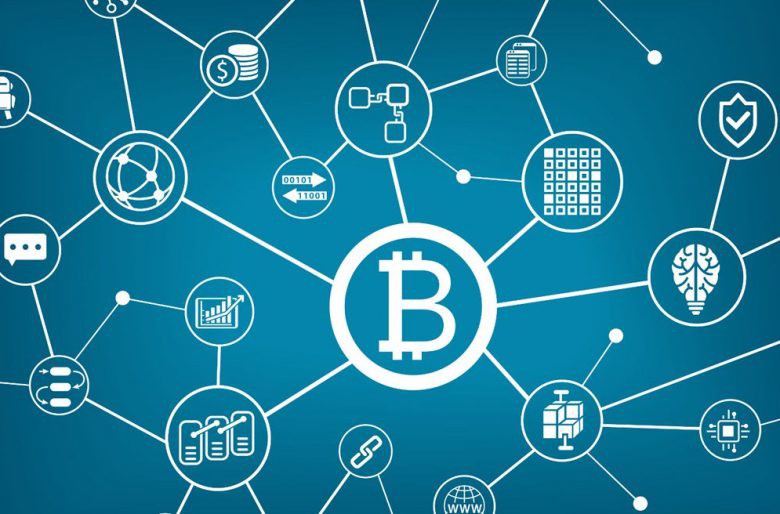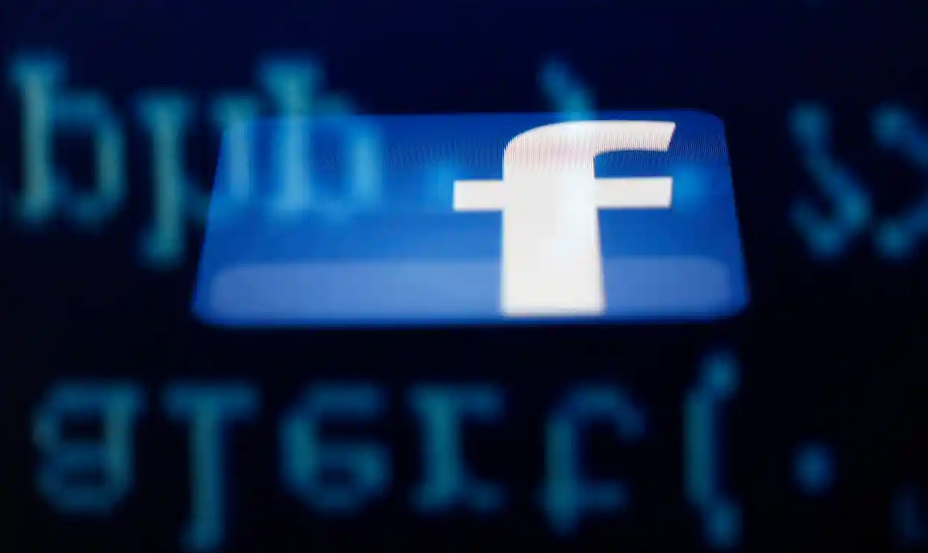Hello and welcome to my corner of the centralized internet where I get to tell you all about the newest, hippest technologies! Meanwhile, advertisers keep bombarding me with useless ads, companies keep tracking all my data to use for their own profit-seeking purposes or to resell for a quick buck, and China knows when I badmouth them (I’m sorry China, don’t do it, NOO-).
How do I escape this nightmare? Let me introduce you to the Decentralized Web
The regular internet was built with centralized points of control due to technological limitations as well as the need to keep some control over the internet. The purpose of the Decentralized Web is to reduce or eliminate such centralized points of control to have a system that can function when parts are missing, provides better privacy protection, provide more reliable access and make direct buying and selling possible without data collecting middlemen. It works thanks to a combination of peer-to-peer networks under a far faster internet than back in 1980 and block-chain inspired encryption that stores information in multiple anonymous locations (Decentralized web summit, 2019: https://www.decentralizedweb.net/about/).
This system is built to be resistant to meddling by central authority for better and for worse. It keeps your, and more importantly my, data safe. However, this system also keeps the data of terrorists, hate groups and revolutionaries safe.
- Terrorists already use the dark web as a relatively safe way to communicate (Weimann, 2016: https://www.jstor.org/stable/26297596?seq=1#metadata_info_tab_contents), and having access to decentralized web technology makes organizing and recruitment that much easier. This is not a good thing…
- Hate groups will become more able to close off their echo-chambers from outside voices of reason to more easily indoctrinate and radicalize their members. Be prepared for increased domestic terrorism folks…
- Revolutions happen for various reasons on which anyone can disagree on whether the reasons are morally just or unjust, but it stands to reason that totalitarian regimes will not like the step to web decentralization as they lose control over their citizens, citizens which can now organize in a way they couldn’t before and start to challenge these regi- NO WAIT CHINA, I’M NOT TALKING ABOU-
So yeah, this article’s a bit of a bummer.
What do you think?


